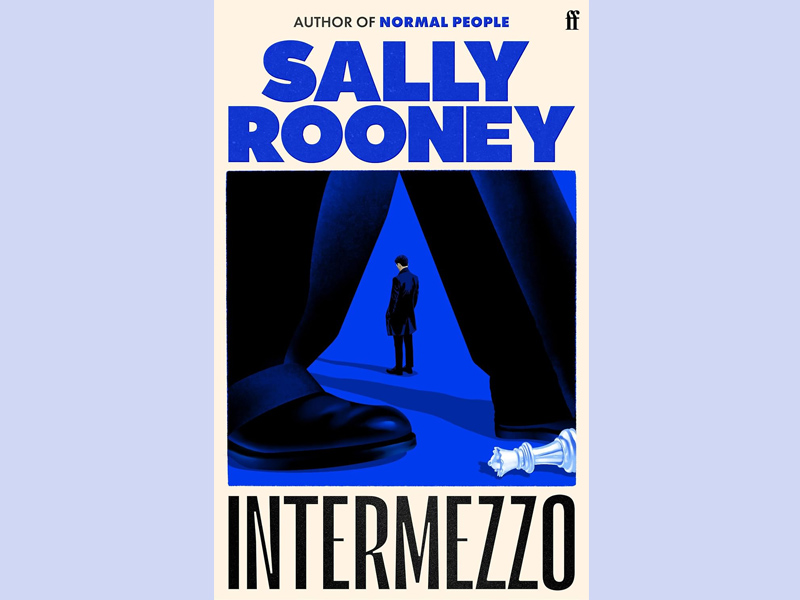By Philippa Tracy
Sally Rooney writes about complicated and unconventional relationships, about pain, loneliness and love. In this her fourth novel, she also explores grief. At the heart of the novel is a focus on the conflict between two brothers following the death of their father, while “surely the loss is something that should be shared, expressed, consoled, not kept separate and silent.” The existential angst created by family conflict and grief moves beyond the focus on intense romantic relationships in her first two novels.
There is also a change in style. Instead of the novel being driven by dialogue, Rooney allows the reader access to the interior lives of her characters through a stream of consciousness at times. This is mostly how we understand Peter Koubek, the older of the two siblings. He is a 32-year-old barrister living in Dublin who doesn’t much like his life: “Meaningless existence, false scaffold of morality assembled around nothing.” As a character, Peter is not that easy to like. “Even medicated he feels it: the white light of his own righteousness.” This is possibly not helped by the fragmented and disjointed sentences in the chapters that tell his story.
Peter self-medicates with prescription drugs; he has difficulty sleeping and suffers from depression. He often reflects on his failures and mistakes. He has complicated relationships with two women. Sylvia is his soul mate from his college days, now a professor of literature. They were together until she had a serious accident that left her in chronic pain and unable to have sex. She doesn’t want him to suffer on her account and has told him to move on. That clearly hasn’t happened; they still have a strong bond. Peter is also involved in a sexual relationship with Naomi, who is ten years younger, a poor student and occasional sex worker.
Peter’s younger brother, Ivan, is 22; he’s a socially awkward chess ‘genius’ who has fallen out of love with chess and “gets shy around the opposite sex.”
When he unexpectedly falls in love, it is with older woman Margaret, a 36-year-old with an alcoholic ex-husband. His stolen moments with her are mostly hidden from public view because of prevailing attitudes in rural Ireland where she lives and her feelings of shame. The title, Intermezzo, is the name of an unexpected chess move in a sequence. Interpret this as you will in terms of the unpredictability of life and relationships.
Rooney addresses philosophical issues and religion in this novel. She is also, as ever, interested in class and the power dynamics between different groups. Relationships are complicated and possibly always potentially exploitative. Sylvia apologises to Peter for letting him go while feeling jealous of him moving on. Peter gives Naomi money, while at pains to stress this is not for sex. However, his relationship with her appears, in many ways, to be merely transactional. While Peter does later fall in love with Naomi, it is Ivan’s relationship with Margaret that is much more instructive, tender and compelling. Perhaps the real intermezzo of the story.
The angst in this novel is not so much about the collapse of human civilisation in a dying world, as in her third novel, Beautiful World, Where Are You. A shared angst and preoccupation of many of her generation. It is wonderfully and more narrowly focused on the human condition itself. Ivan thinks that “nothing will ever bring his father back from the realm of memory into the reassuringly concrete world of material fact, tangible and specific fact: and how, how is it possible to accept this, or even to understand what it means?” It is deeply moving. The last few pages made me cry. The message seems to be that acceptance, connection and the healing power of love are what make it all worthwhile. It is the longest of her novels at over 400 pages and well worth the read.






Click here to change your cookie preferences